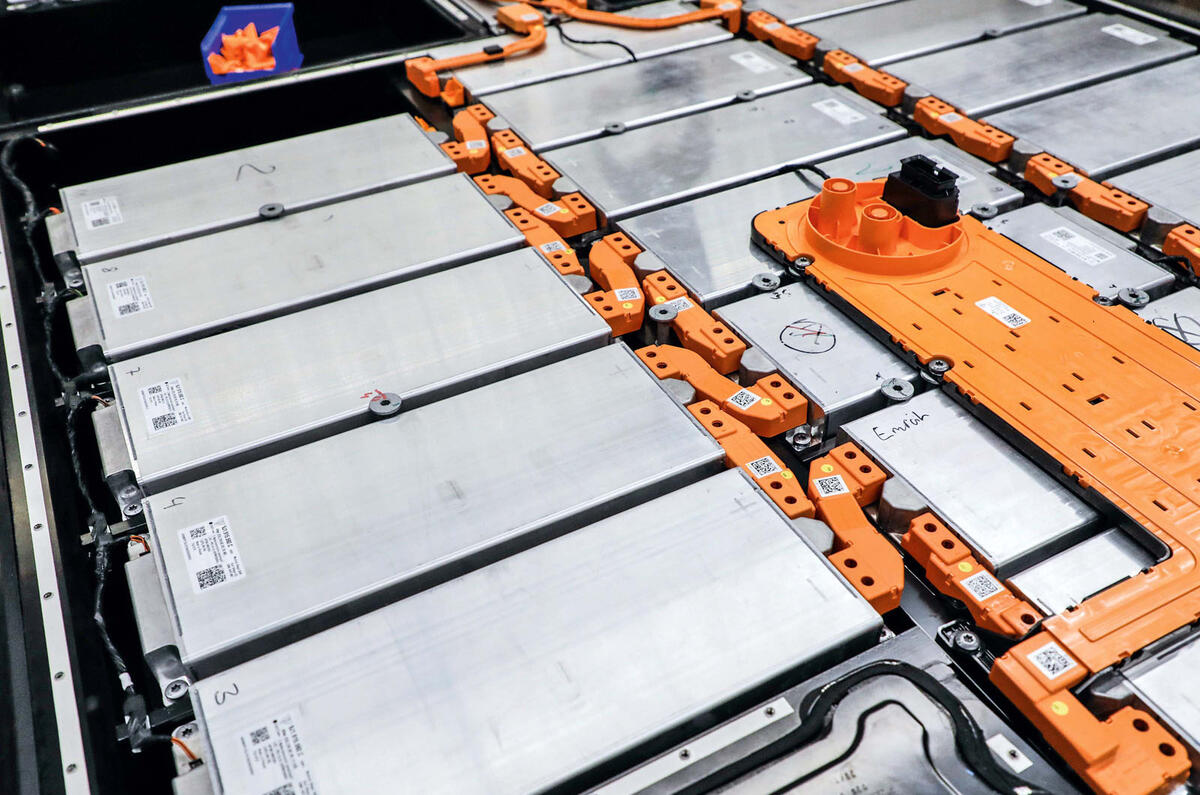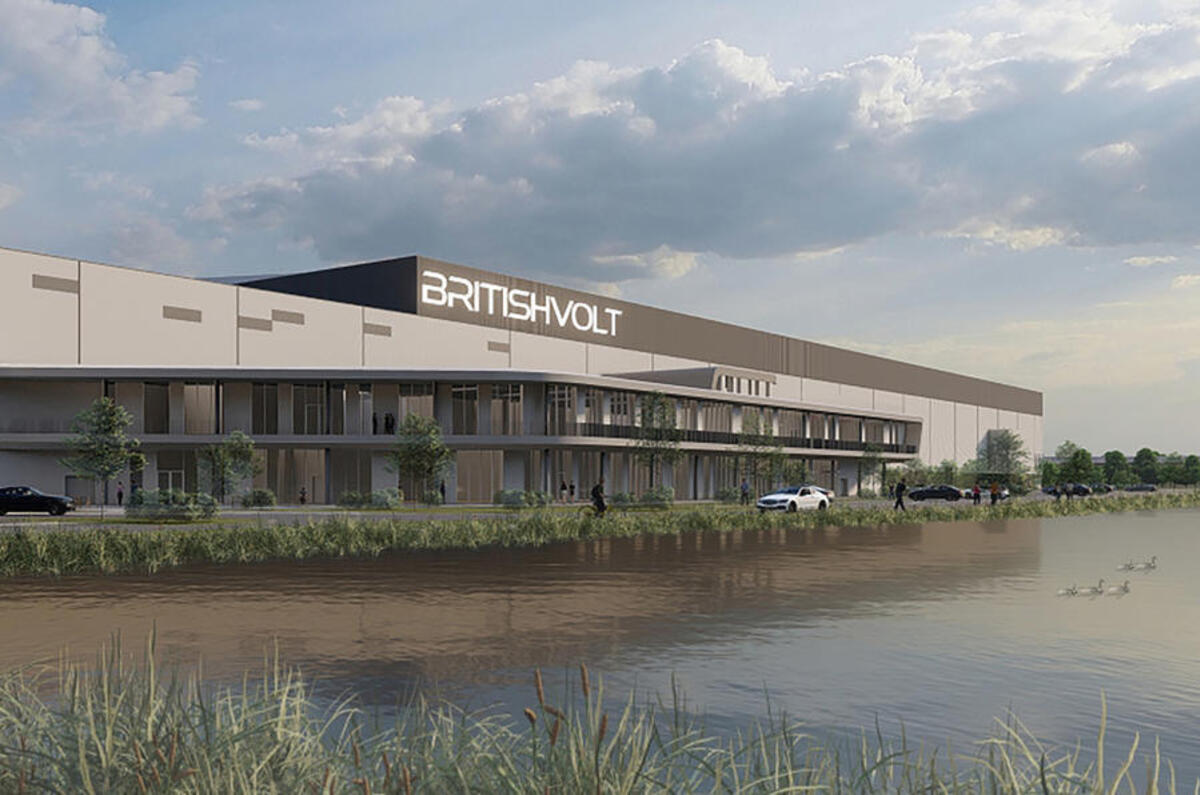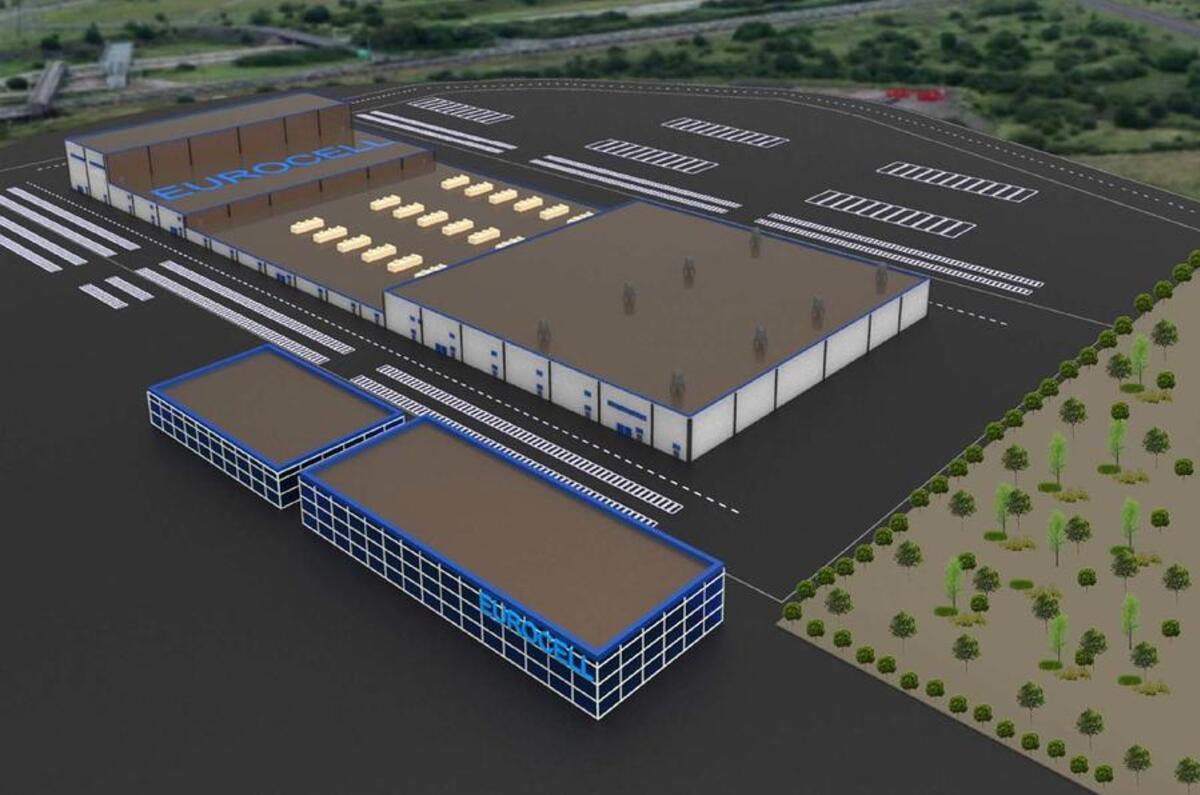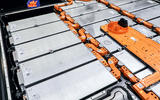Anglo-Korean battery manufacturer Eurocell recently announced it had chosen to build its first production site in the Netherlands, having previously considered the UK as an option.
The news came as a blow to UK industry, given the substantial investment Eurocell’s factory plans represent (£1.65 billion by 2028) and the hundreds of jobs it will create both directly and throughout the supply chain. The company’s decision to go elsewhere also raises questions over the future of the UK’s automotive industry, which faces a difficult few years as it transitions to EV production without a substantial domestic battery production network in place.









Add your comment